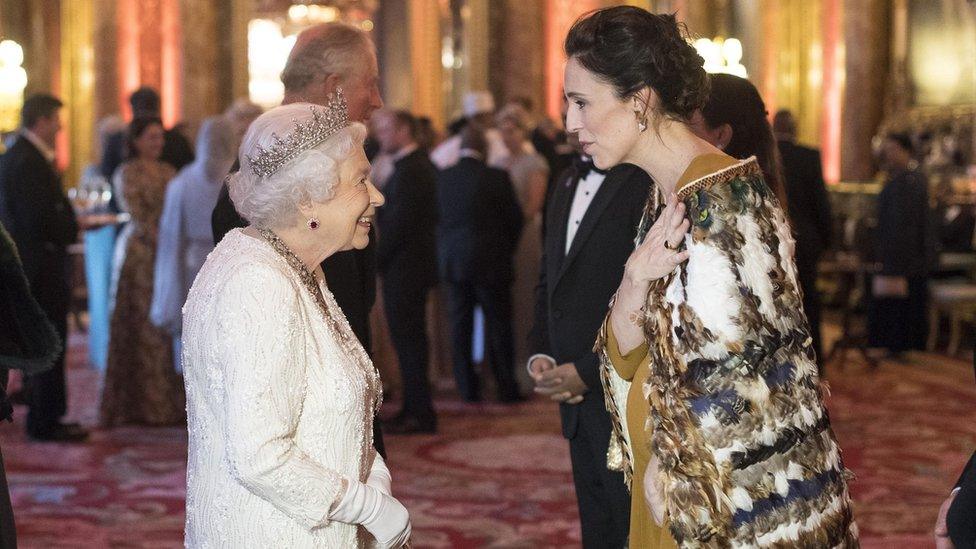New Zealand: Book pulled after author criticises Maori tattoo
- Published
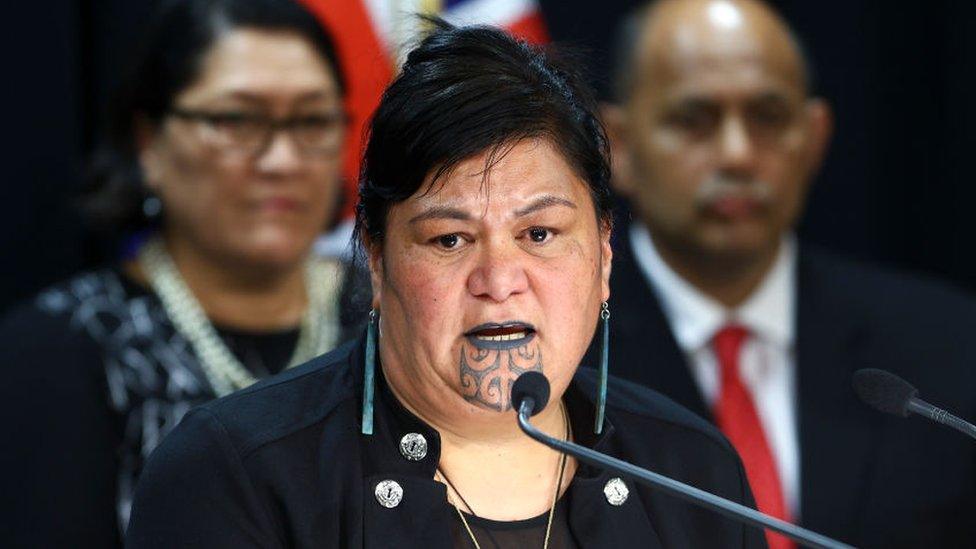
Nanaia Mahuta is the first female MP in New Zealand to have a traditional Maori tattoo
A New Zealand author's book has been pulled from an online store after she criticised the foreign affairs minister's traditional Maori tattoo.
Olivia Pierson had tweeted that facial tattoos on a female diplomat was "ugly and uncivilised".
Nanaia Mahuta is the first female MP in New Zealand to have a Maori facial tattoo. She was appointed as minister in a recent cabinet reshuffle.
Ms Pierson's tweet sparked anger and calls for her book to be pulled.
In response, prominent New Zealand online retailer Mighty Ape said it had withdrawn her book and "would not be making it available again".
Some New Zealanders with Maori heritage wear tattoos, known as moko, to mark their genealogy and heritage.
Men's moko tend to cover their entire face, while women's moko cover their chin.
Ms Pierson had on Monday posted a tweet linking to a story about Ms Mahuta's appointment.
"Really? The face of NZ's new Foreign Minister? Facial tattoos are not exactly a polished civilised presentation for a foreign diplomat in the 21st century," she said.
She later said facial tattoos "especially on a female diplomat, is the height of ugly, uncivilised wokedom".
Many Twitter users criticised her comments as racially and culturally insensitive, pointing out that moko is part of indigenous culture.
Ms Pierson told New Zealand news outlet Stuff that she stood by her comments, saying facial tattoos were ugly on "anybody, white, brown or black".
PM Jacinda Ardern had earlier described her new cabinet - which also includes the country's first openly gay minister - as "incredibly diverse".
Reaction to the new cabinet has been largely positive, with many praising the move.
Ms Ardern had earlier last month led her Labour Party to a landslide victory in New Zealand's general elections.

Moko kauae: a sacred tradition
Female facial tattoos, or moko kauae, have been a part of Maori culture for centuries.
They are carved into the skin using chisels and are seen as particularly sacred, denoting a person's links with their family and cultural identity.
"Maori regard the face or the head as particularly sacred, so the carvings that go on the face or head are also particularly sacred," Mera Lee-Penehira, associate professor at Maori educational institution Te Whare Wānanga o Awanuiārangi earlier told the BBC.
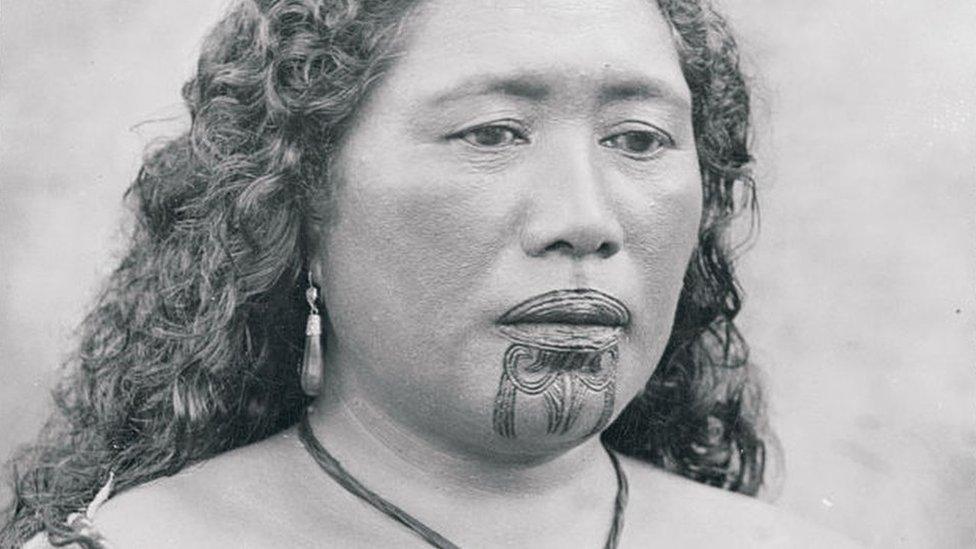
But colonisation and the arrival of Christian missionaries, who found the tattoos distasteful, meant the tradition began dying out in the mid-19th Century.
It was only in the late 20th century that there was a resurgence in interest in moko, among both Maori men and women. Since the 2000s, moko has become increasingly seen and accepted as part of mainstream New Zealand thanks to a new generation of tattoo practitioners, according to the Museum of New Zealand, external.
Professor Te Kahautu Maxell of the University of Waikato says those getting moko are people "deciding to reclaim their heritage and identity".
"We have to protect the last bastions that we have as Maori to make us different."

- Published23 May 2018
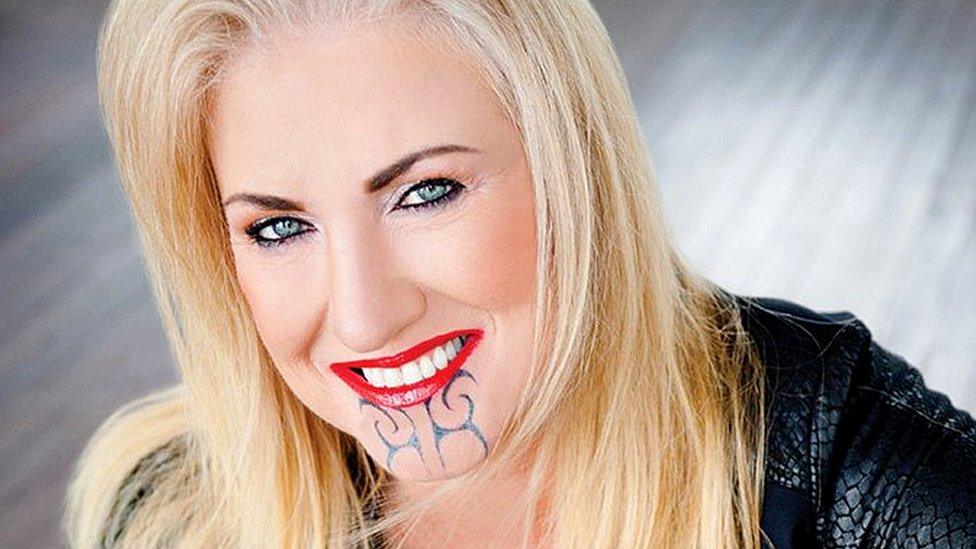
- Published21 September 2012
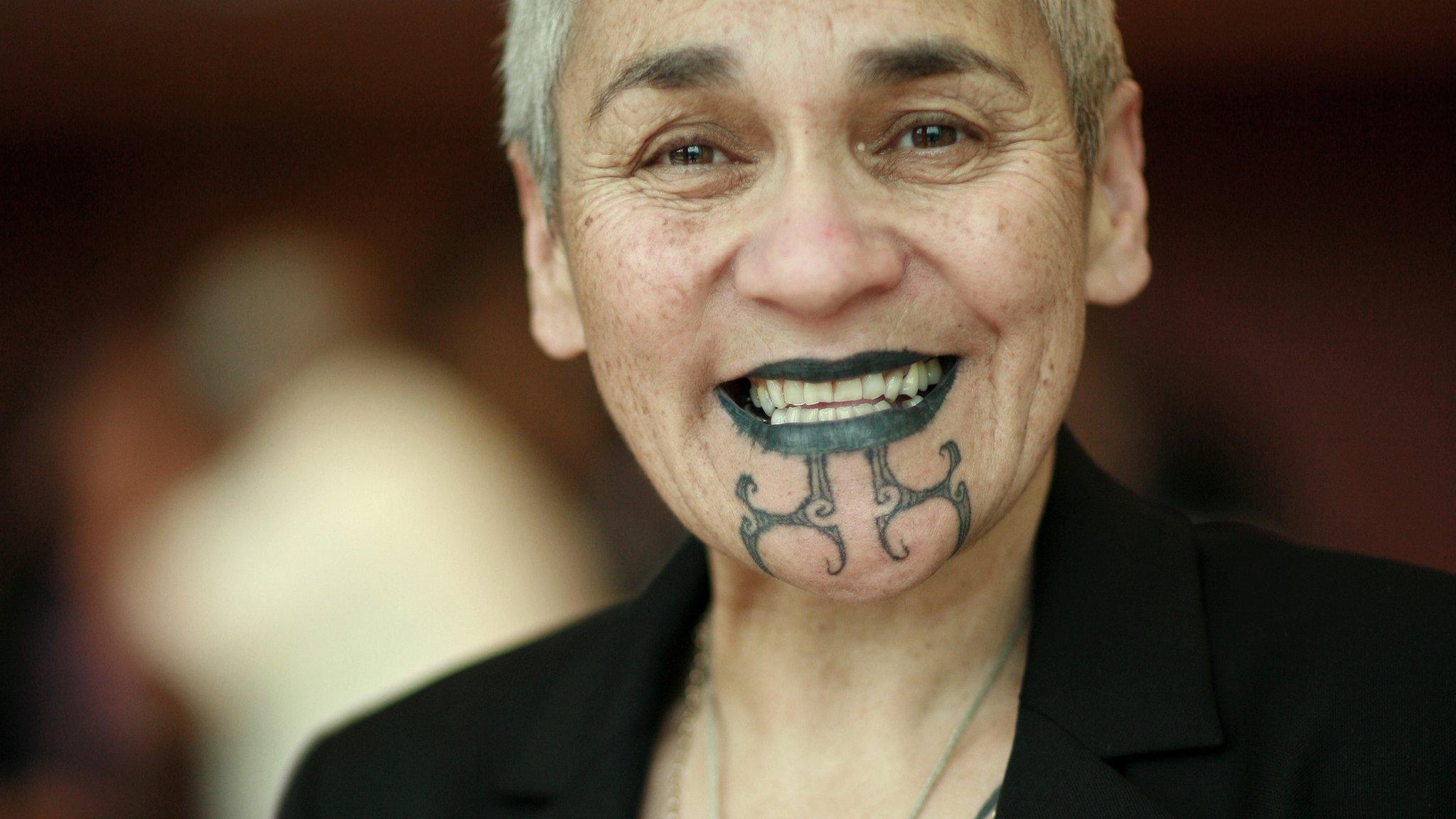
- Published20 April 2018
